
European Research: Biodiversity computing in the “hotspot” Crete
Bioinformatician Alexandros Stamatakis (HITS Heidelberg and KIT Karlsruhe) will receive funding of 2.4 million euros from the European Commission for an ERA …
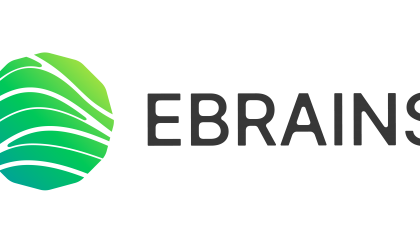
Computational expertise for brain-related research
The Heidelberg Institute for Theoretical Studies (HITS) – has joined EBRAINS as an associate member. EBRAINS is a digital research infrastructure created …
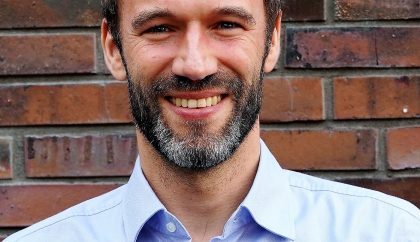
When machines learn for science
Computer scientist Jan Stühmer leads the new HITS research group “Machine Learning and Artificial Intelligence” (MLI). He was concurrently appointed …

Integrative data-intensive research for better drug design
The 23rd EuroQSAR Symposium in Heidelberg, Germany will focus on “Integrative Data-Intensive Approaches to Drug Design” and be attended by about 300 …

Deadline 18 September: Call for “HITS Journalist in Residence” in 2023
Are you an experienced science journalist? Would you like to delve into new areas of research and deepen your technical knowledge? …

HITS: Call for “Journalist in Residence” in 2023
Are you an experienced science journalist? Would you like to delve into new areas of research and deepen your technical knowledge? …
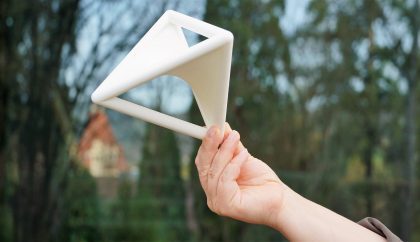
“The magic triangle” advances molecular research with machine learning and simulations
The “SIMPLAIX” collaboration started with an inaugural symposium in Heidelberg. Researchers from HITS, Heidelberg University, and Karlsruhe Institute of Technology (…

Computer simulations and Artificial Intelligence – a “booster” for molecular research
In the new “SIMPLAIX” collaboration, researchers from HITS, Heidelberg University, and Karlsruhe Institute of Technology (KIT) are addressing challenges in the …
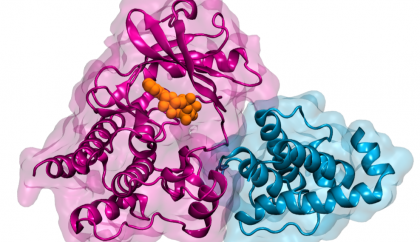
“Something in the way they move” – zooming in on cell migration
Getting from A to B can be a tricky business, especially for cells on the move. An international team of researchers …
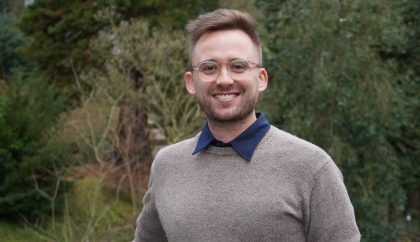
Carl Smith named “Journalist in Residence” at HITS
The Heidelberg Institute for Theoretical Studies (HITS) gives science journalists the opportunity to deepen their knowledge of computer-based, data-driven science with …
